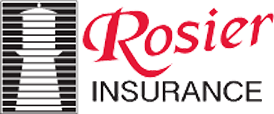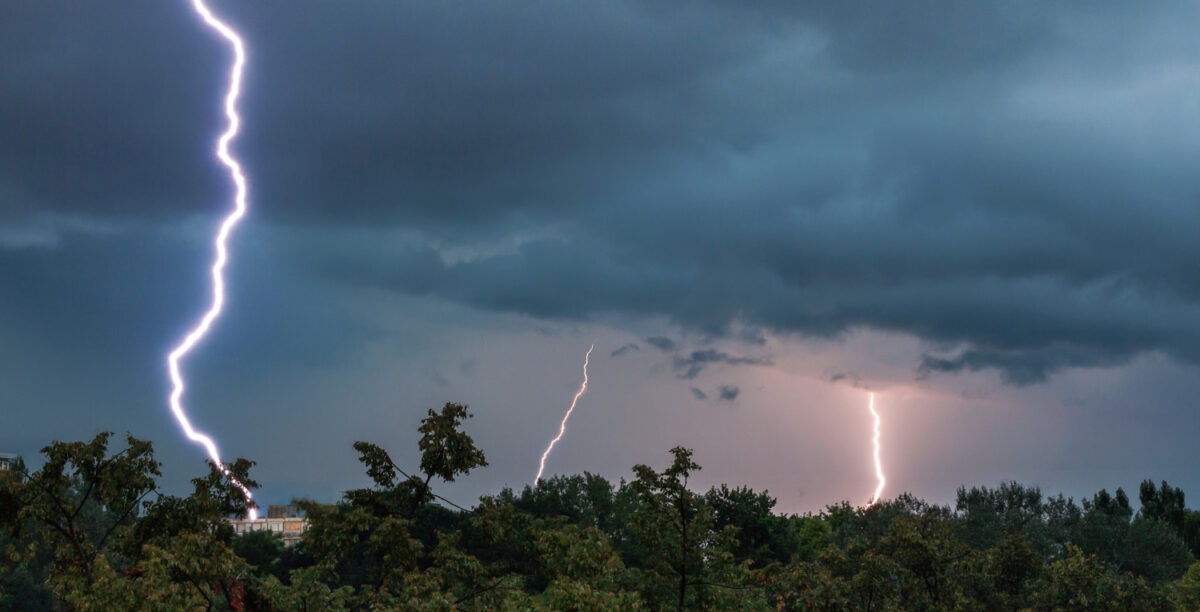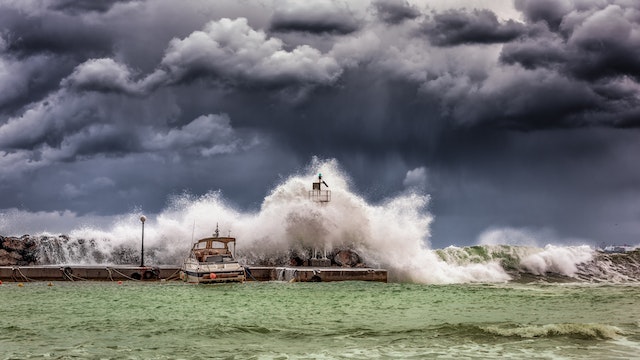In your 20s, life seems full of possibilities. You’re building your career, exploring the world, and perhaps even starting a family. Amidst all these exciting changes, thinking about disability insurance might not be high on your list of priorities. However, understanding and considering disability insurance in your 20s can be crucial for securing your financial future.
What is Disability Insurance?
Disability insurance is like a safety net for your income. It provides financial protection if you become unable to work due to illness or injury and thus unable to earn your regular paycheck. This type of insurance ensures that you can still meet your financial obligations, such as paying rent, bills, and other living expenses, even if you’re unable to work.
Why Disability Insurance Matters in Your 20s
You might wonder why disability insurance is important for young adults. After all, aren’t disabilities more common among older individuals? While it’s true that disability becomes more prevalent with age, accidents and illnesses can strike at any time, regardless of age.
In your 20s, you’re likely to be at the peak of your health and energy. However, this doesn’t make you immune to unexpected events that could leave you unable to work. Imagine a scenario where you’re involved in a car accident or diagnosed with a serious illness. In such situations, disability insurance can provide financial support while you focus on your recovery.
Disability insurance becomes even more critical if you have significant financial responsibilities. For instance, if you’re the primary breadwinner in your family or if you have student loans or other debts to repay, losing your income due to a disability could be financially devastating.
Types of Disability Insurance
There are generally two types of disability insurance: short-term disability insurance and long-term disability insurance.
Short-Term Disability Insurance: This type of insurance provides coverage for a limited period, typically ranging from a few weeks to a few months. Short-term disability insurance usually kicks in after a waiting period, which could be anywhere from a few days to a couple of weeks. It offers a temporary source of income replacement during your recovery from a short-term disability.
Long-Term Disability Insurance: Long-term disability insurance provides coverage for an extended period, often until retirement age, if necessary. It becomes effective after a longer waiting period, usually several weeks or months. Long-term disability insurance is designed to replace a portion of your income if you’re unable to work for an extended period due to a severe illness or injury.
Factors to Consider When Choosing Disability Insurance
When considering disability insurance, there are several factors to keep in mind to ensure you choose the right coverage for your needs:
Coverage Amount: Determine how much coverage you would need to replace a portion of your income in the event of a disability. Consider your monthly expenses, such as rent, utilities, groceries, and any outstanding debts.
Definition of Disability: Pay attention to how disability is defined in the insurance policy. Some policies define disability narrowly, while others have broader definitions that encompass a wider range of illnesses and injuries.
Waiting Period: Understand the waiting period, also known as the elimination period, which is the time you must wait before the insurance benefits kick in after you become disabled. Consider how long you can afford to wait before receiving benefits.
Premiums: Compare the premiums of different disability insurance policies. Premiums can vary based on factors such as your age, occupation, health status, and the level of coverage you choose.
Benefit Period: Consider the length of the benefit period, which is how long the insurance will pay benefits if you become disabled. Some policies offer benefits for a specific number of years, while others provide benefits until you reach retirement age.
While disability insurance may not be a top priority in your 20s, it’s an essential aspect of financial planning that shouldn’t be overlooked. By securing disability insurance early in your career, you can protect yourself and your loved ones from the financial consequences of a disability.
Protect your today and secure your tomorrow, because life in Naples is all about enjoying life. Choose Rosier Insurance for comprehensive coverage for whole life insurance in Naples, FL has never been this reassuring. Take the time to research your options, understand the terms and conditions of different policies, and choose coverage that provides the right level of protection for your needs. Investing in disability insurance now can offer peace of mind and financial security for years to come.










